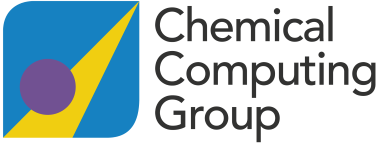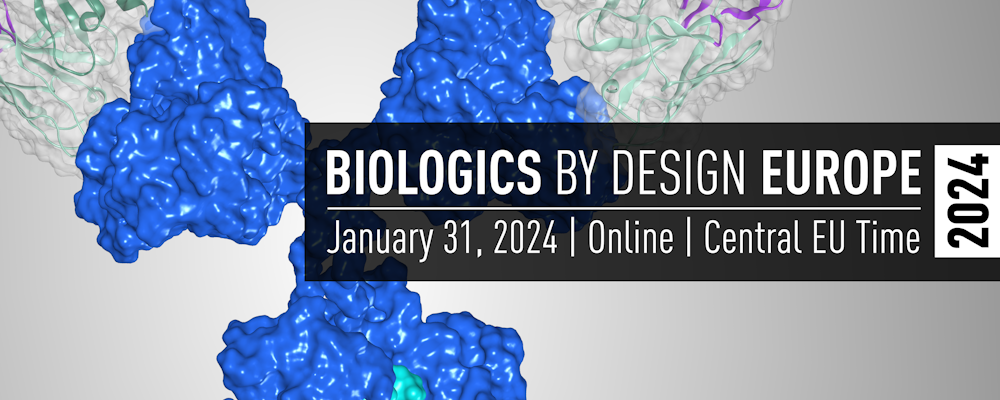Antibody Modeling and Protein Engineering
Protein Engineering / Protein Properties / Developability / Hot Spot Analysis / Antibody Modeling / Humanization / Molecular Surfaces
Barbara Sander, Senior Applications Scientist,Chemical Computing Group
Protein Engineering / Protein Properties / Developability / Hot Spot Analysis / Antibody Modeling / Humanization / Molecular Surfaces
Barbara Sander, Senior Applications Scientist,
Morning Break
Biologics: Protein Alignments, Modeling and Docking
Alignments and Superposition / Loop and Linker Modeling / Homology Modeling / Protein Docking / Solubility Analysis / 2D Hot Spot Mapping / Protein Ligand Interaction Fingerprints / QSAR Modeling
Purvi Gupta, Applications Scientist,Chemical Computing Group
Alignments and Superposition / Loop and Linker Modeling / Homology Modeling / Protein Docking / Solubility Analysis / 2D Hot Spot Mapping / Protein Ligand Interaction Fingerprints / QSAR Modeling
Purvi Gupta, Applications Scientist,
Opening Remarks - Markus Kossner, CCG
CHAIR: Elizabeth Rodriguez, UCB
Biophysical Cartography of the Native and Human-Engineered Antibody Landscapes Quantifies the Plasticity of Antibody Developability
Habib Bashour, Postdoctoral Researcher, Dept. of Immunology,University of Oslo
Habib Bashour, Postdoctoral Researcher, Dept. of Immunology,
Predicting Post-Translational Modifications through Structural In Silico Analysis
Michael Knight, Senior Scientist,UCB
Michael Knight, Senior Scientist,
Design Adaptions for mRNA Encoded Antibodies
Wolfgang Große, Associate Director, Protein Design,CureVac SE
Wolfgang Große, Associate Director, Protein Design,
Computational Approaches for the Design and Development of Multispecific Therapeutics
Dilyana Dimova, Senior Data Scientist,Sanofi
Dilyana Dimova, Senior Data Scientist,
Afternoon Break
CHAIR: Norbert Furtmann, Sanofi
Multiobjective Optimisation for Antibody Discovery
Lida Mavrogonatou, Senior Machine Learning Engineer,LabGenius
Lida Mavrogonatou, Senior Machine Learning Engineer,
Validation of Computational and Machine Learning Strategies for Biologics Design
Massimo Sammito, Associate Principal Scientist,AstraZeneca
Massimo Sammito, Associate Principal Scientist,
A Machine-learning Algorithm for the Selection of Excipients During Biopharmaceutical Formulation Development
Mark Teese, Product Owner, Bioinformatics,Leukocare AG
Mark Teese, Product Owner, Bioinformatics,
Predicting Antibody Developability Using Interpretable Machine Learning
Peter M. Tessier, Albert M. Mattocks Professor, Depts of Pharmaceutical Sciences, Chemical Engineering and Biomedical Engineering,University of Michigan
Peter M. Tessier, Albert M. Mattocks Professor, Depts of Pharmaceutical Sciences, Chemical Engineering and Biomedical Engineering,
Closing Remarks - Markus Kossner, CCG

